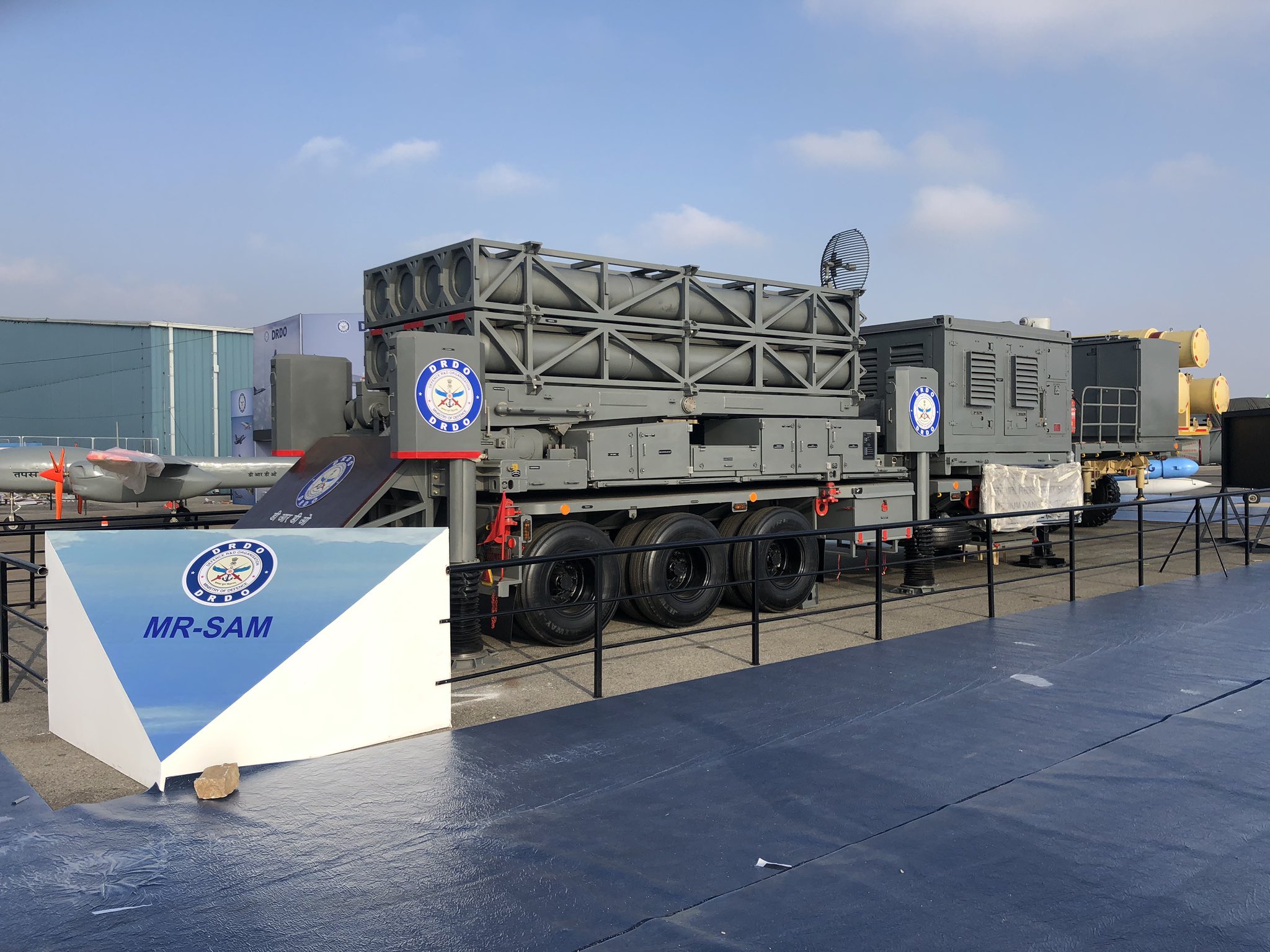The United Arab Emirates (UAE) air defense systems have intercepted a ballistic missile launched by the Ansar Allah (Houthi) movement from Yemen, the UAE Defense Ministry said.
The ministry said on Twitter in the early hours of Monday that the “air defense had intercepted and destroyed a ballistic missile launched by the Houthi terrorist group towards the country.”
The UAE defense ministry specified that there were no casualties.
“The attack did not result in any losses, as the remnants of the ballistic missile fell outside the populated areas,” the ministry said.
The UAE General Civil Aviation Authority (GCAA) said after the interception that all UAE airports were operating as usual following the attack, which came in the midst of Israeli President Isaac Herzog’s first visit to the United Arab Emirates.
This was the third Houthi attack against the UAE since the start of January. Last Monday, the UAE air defense intercepted and destroyed two ballistic missiles launched by the Houthis, the remains of the missiles fell in the Abu Dhabi area.
Earlier in January, several Houthi drones targeted the UAE capital including the construction site of a new airport and fuel tankers near depots of the Abu Dhabi National Oil Company, killing three people and injuring six others. The Houthi rebels say their attacks are a response to the UAE’s involvement in hostilities against the movement in Yemen.
Earlier, as EurAsian Times reported, the continued attacks on the UAE by Houthi rebels seem to have triggered panic in Abu Dhabi. There are reports that the UAE had asked Israel about acquiring missile defense systems to thwart drone and missile attacks on the country.

The report suggested that the UAE might use Israeli weapons as a stopgap measure until it receives a South Korean air defense system which is expected to be delivered by 2024. Citing an Israeli source, there are reports that the UAE could use one of the three defense systems as a temporary measure — the Rafael Spyder, the Barak 8 or Barak ER.
The Barak-8 was developed jointly by Israel’s Ministry of Defense and India’s Defence Research and Development Organisation (DRDO) and is presently in use by their respective militaries.
The Barak-8 can intercept aircraft, low-flying anti-ship and cruise missiles, and stealthy targets with a range of roughly 70 kilometers. It is available in both sea-launched and land-based variants.
The Barak ER (extended range) is an improved version of the Barak-8 with an extra rocket booster. The total range of this missile system is 150km. It is capable of intercepting tactical ballistic missiles with ranges of less than 500 kilometers, in addition to cruise missiles and aircraft.

The SPYDER is a weapon platform that incorporates two Israeli-developed missiles, the Python-5 and Derby. The Derby is a medium-range radar-guided missile, whereas the Python-5 is a short-range heat-seeking missile.
The Indian Air Force already has the SPYDER system, that can shoot down a variety of threats including planes, cruise missiles, unmanned aerial vehicles, and even bombs launched from aircraft.
- Via Sputnik News Agency
- Follow EurAsian Times on Google News




